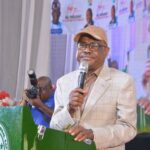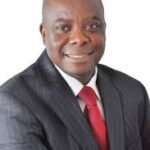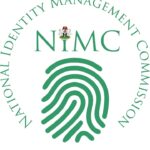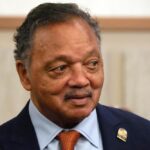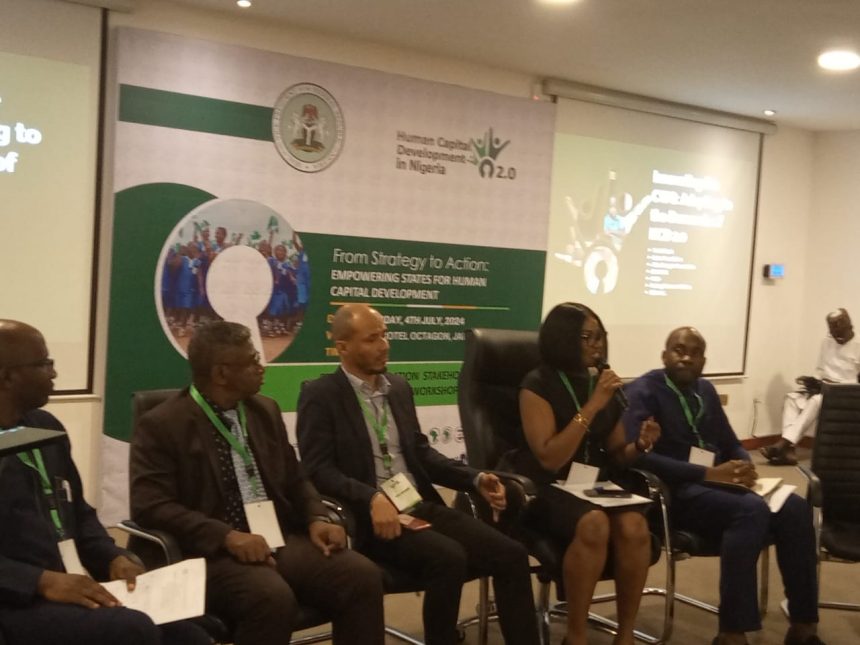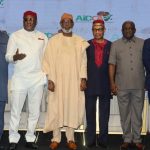By Chidiebere Ugwu
The Federal Government has again taken steps to arrest the surge in migration from Nigeria to other countries in search of better means of livelihoods, colloquially known as “Japa Syndrome” in the country.
This is coming on the heels of a workshop held in Abuja by the office of the Vice President, with the title: Human Capital Development in Nigeria, From Strategy To Action: Empowering States for Human Capital Development which brought together participants from all the 36 states of the federation and Abuja, including all relevant agencies and government parastatals.
Speaking during the event, Ruqayya El Rufai, the Acting National of Human Capital Development expressed hope that the outcome of the stakeholders engagement would give rise to people wanting to stay back in the country rather than running of to foreign nations.
According to her, the importance of prioritizing human capital development cannot be overstated as it is the foundation upon which sustainable economic growth and social progress are built.
She noted that investing in Nigerians education, health, and skills not only enhances individual well-being but also drives innovation, productivity, and competitiveness on a global scale.
“Today, we embark on a journey to review and redesign our strategy, aligning it with global human capital development strategies, the World Bank Human Capital Development Index (HCDI), the UNDP Human Development Index (HDI), and the ECOWAS Human Capital Development Strategy. We will also integrate the renewed hope agenda set forth by President Bola Ahmed Tinubu, ensuring that our efforts resonate with his vision for a prosperous and inclusive Nigeria.
“The importance of prioritizing human capital development cannot be overstated. It is the foundation upon which sustainable economic growth and social progress are built. Investing in our people’s education, health, and skills not only enhances individual well-being but also drives innovation, productivity, and competitiveness on a global scale.
“Currently, Nigeria ranks 152 out of 157 countries on the 2020 World Bank HCDI and 161 out of 191 countries on the 2021 UNDP HDI. These rankings underscore the urgent need for action. While we have made some progress, we still face significant challenges. Our latest rankings remind us of the critical need to accelerate our efforts in improving education, healthcare, and economic opportunities for all Nigerians” she stated.
Also speaking, the Deputy Chief of Staff to the President and Chairman of the HCD Core Working Group, Senator Ibrahim Hassan Hadejia, said the workshop is an avenue to deliberate and validate the HCD strategies.
“This is the day to acknowledge that the solutions we seek lie within our collective wisdom and experience. By sharing insights, best practices, and innovative ideas, we can identify the most effective pathways to achieving our goals.
“It is through our combined efforts that we can create a comprehensive and sustainable framework for human capital development that will benefit generations to come.
“If we must make a difference, we must always acknowledge that our success depends on our ability to collaborate, innovate, and commit to a shared objective as a team. We are not just doing this because the eyes of the nation are upon us, but also because our reputation is at stake.
“This workshop is not just a platform for validation but a space for collaboration, learning, and growth. Whatever the direction of our questions and deliberations, we must agree that they determine the quality and effectiveness of the Human Capital Development Programme in building resilient healthcare systems, ensuring equitable access to education, and fostering an inclusive, future-ready workforce.
“This phase of the programme is called HCD 2.0, and even if you joined us today with a vague understanding of the reason for this, I believe you will be an expert on the subject by the end of this workshop. So, please, take part in all the sessions, share your views, and hear from others to develop a more practical framework for delivering on our objectives.
“This workshop offers a wide range of engagements, from panel discussions to breakout sessions, each of them unique and critical to the progress of HCD 2.0. It has brought together all stakeholders, from focal persons to funding partners; there are monumental lessons to draw from the participants.
“Our goal is that by the end of this workshop, you develop a rounded perspective of where we are headed and expand your network to ease the discharge of your role in ensuring that HCD’s key thematic areas are prioritized in your state”.


